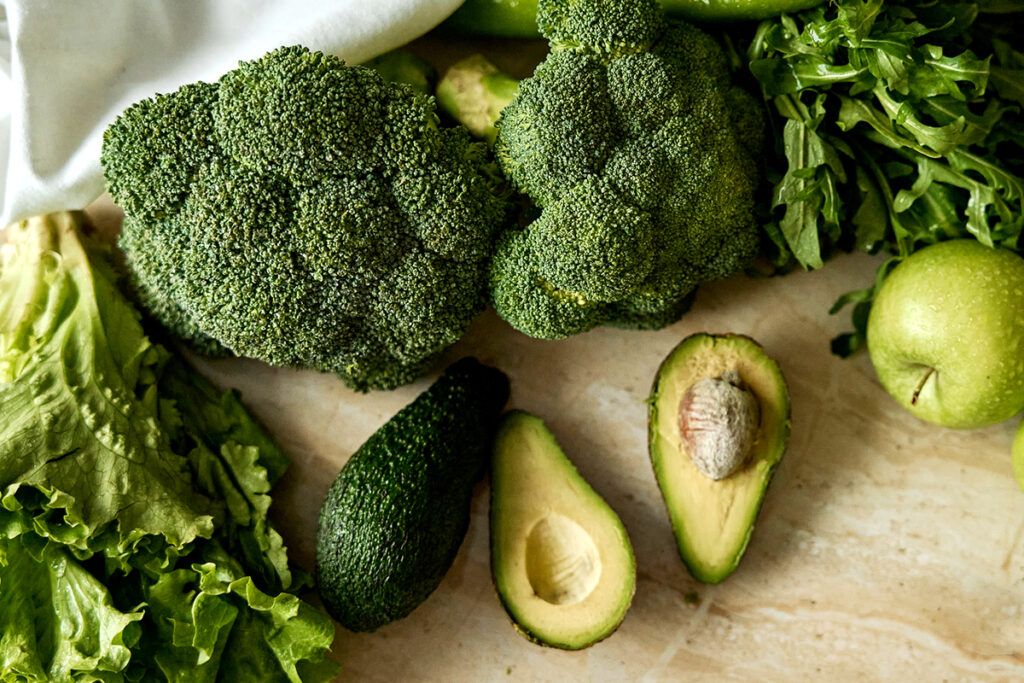Irritable bowel syndrome (IBS) is a chronic digestive disorder.
While there are a few targeted medications or other treatments for IBS, many people can relieve their symptoms through their diet. Increasing your dietary fiber can help with IBS symptoms.
Common symptoms of IBS include:
- stomach pain
- stomach cramps
- bloating
- frequent constipation or diarrhea
- excessive gas
This article explores the connection between fiber and IBS, daily requirements, and tips on incorporating fiber into your diet.
IBS and dietary fiber

Fiber is a type of carbohydrate found in plant-based foods.
Your body is unable to digest or absorb fiber. Instead, it passes through your digestive system mostly intact, adding bulk to the stool and promoting bowel regularity.
Fiber is generally classified into two main types:
- soluble fiber dissolves in water and forms a gel in your gut
- insoluble fiber does not dissolve and adds bulk to stool
Both types can improve digestive health in people with and without IBS.
However, it’s worth noting that some people tolerate certain fiber types better than others.
For instance, a 2017 review suggested that people with IBS are likely to experience adverse reactions like bloating and excessive gas from foods containing low fermentable oligosaccharides, disaccharides, monosaccharides, and polyols (FODMAPs). These are found in some foods, including apples, onions, artichokes, and certain artificial sweeteners.
How much fiber should I get per day?
Too much or too little fiber can make the symptoms of IBS worse.
Generally, consuming too much fiber can lead to gas, bloating, and diarrhea, while too little fiber can cause constipation.
The recommended adequate intake of fiber each day is:
- 25 grams (g) for adult females
- 38 g for adult males
The most appropriate amount of fiber depends on your sex, age, and calorie intake.
People with IBS may need to adjust their fiber intake based on their symptoms. This means that finding the right amount for you can require some trial and error.
There’s much debate around fiber for IBS, but the American Gastroenterological Association (AGA) recommends fiber supplementation — particularly soluble fiber — for both diarrhea- and constipation-predominant IBS. The most evidence-based diet for IBS is the low-FODMAP diet, which restricts certain types of fiber but not others.
It is a good idea to talk with a healthcare professional, like your doctor or a registered dietitian, before making any significant changes to your diet, including when it comes to fiber. They can help you identify the best approach to help you manage your symptoms and dietary preferences.
A list of high fiber foods
There are many high fiber foods that you can incorporate into your diet to help manage symptoms of IBS.
It’s important to note that many high fiber foods are also high in FODMAPs, which are restricted when following a low FODMAP diet. Talk with a healthcare professional or dietitian to find out the best high fiber foods for you.
General examples of high fiber foods include:
- Fruits: apples, bananas, berries, oranges, pears, prunes, avocados, and raisins
- Vegetables: broccoli, carrots, spinach, sweet potatoes, and zucchini
- Legumes: lentils, black beans, kidney beans, and chickpeas
- Whole grains: brown rice, oatmeal, quinoa, wholegrain pasta, and whole wheat bread
Non-plant foods like meat or dairy don’t naturally contain any fiber.
The following foods are high in fiber:
- avocados, with 6.7 g per 100 g
- canned chickpeas, with 7.3 g per 100 g
- dried, uncooked prunes, with 7.1 g per 100 g
- raw broccoli, with 2.4 g per 100 g
Tips for getting enough fiber
If you are looking to increase your fiber intake, here are a few tips to keep in mind:
- Start slowly: Introducing too much fiber too quickly can cause discomfort, like gas or diarrhea. Aim to increase your fiber intake by a little bit every day until you reach your target.
- Drink plenty of water: Fiber absorbs water, so it is important to drink enough fluids to help it move through your digestive system and avoid dehydration.
- Choose whole foods: Opting for whole grain or whole wheat foods alongside unprocessed fruits, vegetables, and legumes is a simple way to automatically crank up your fiber intake.
- Consider supplements: If you have trouble getting enough fiber, there are over-the-counter (OTC) fiber supplements available that might be worth a try. In particular, psyllium husk is often well tolerated by people with IBS.
If you need help covering the cost of medications, the free Optum Perks Discount Card could help you save up to 80% on prescription drugs. Follow the links on drug names for savings on that medication, or search for a specific drug here.
